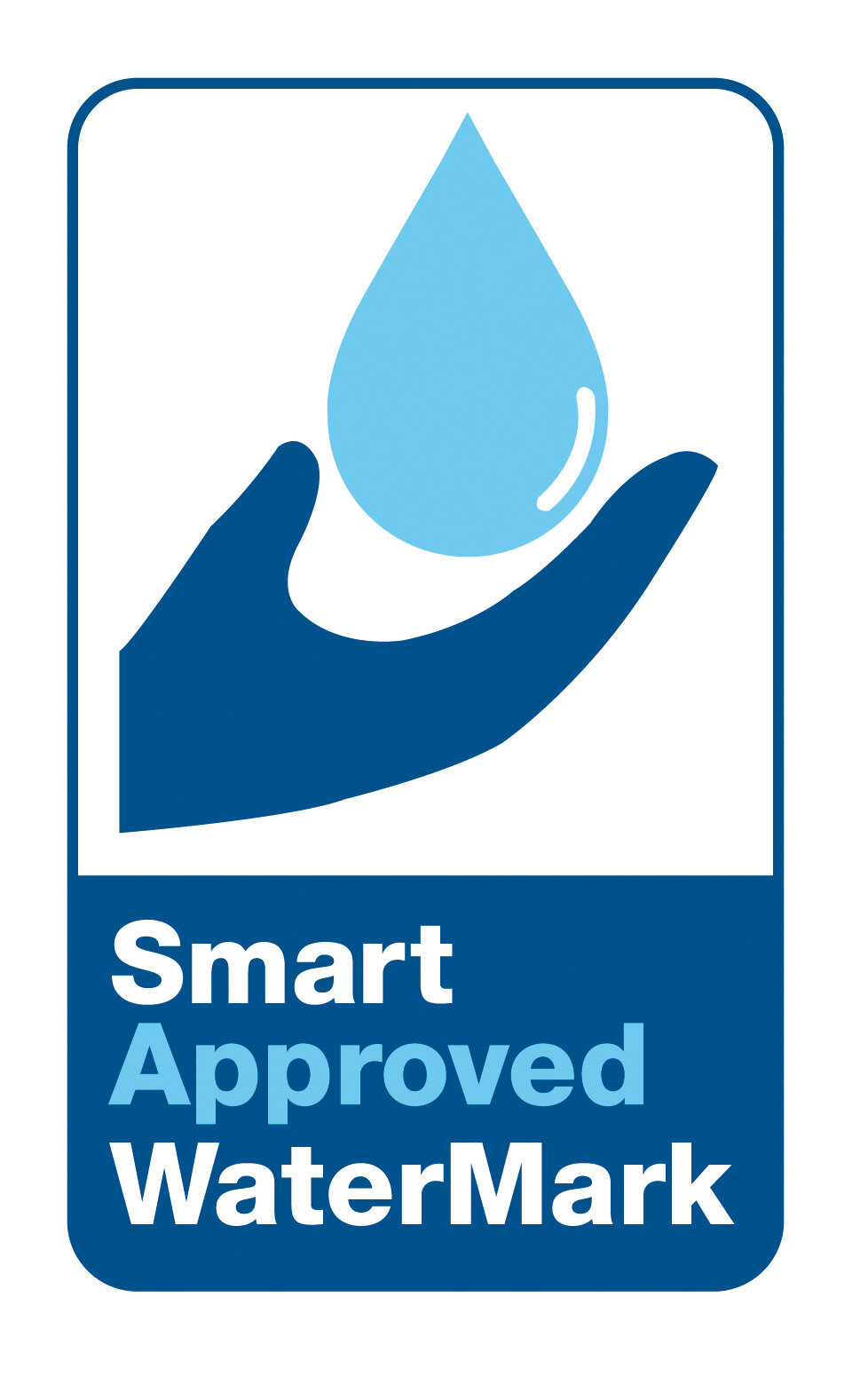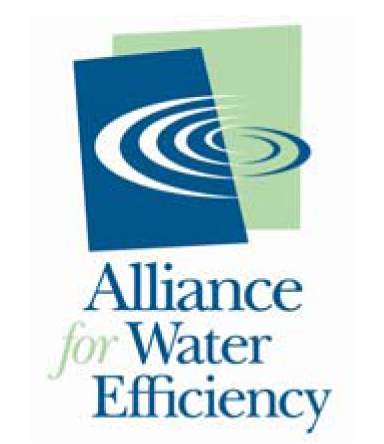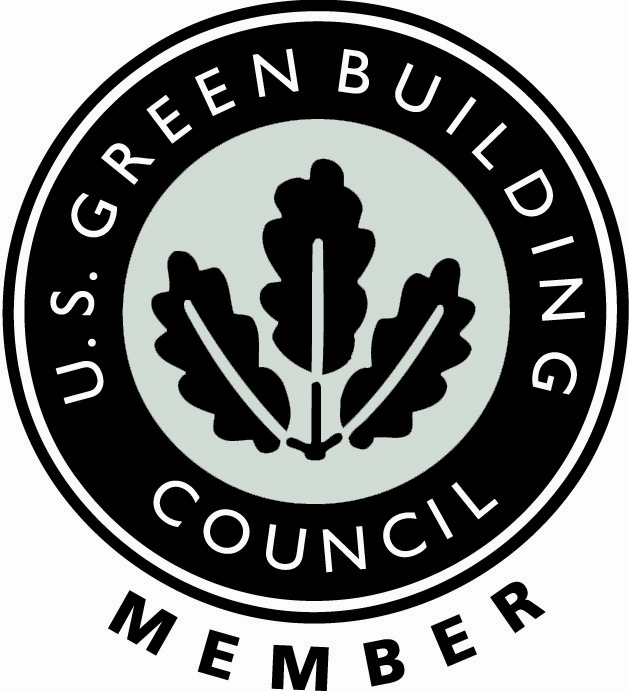Typically, our blogs focus on ways commercial facilities can save water. However, with more than half of our water being used in residential settings, it's essential that we discuss ways to reduce water consumption at home as well.
We're not talking about taking faster showers or only washing full loads of dishes in the dishwasher. Instead, we are discussing therapy, or more specifically, how to use a little therapy to help us use less water at home.
To help us, we turn to Shawn Burn, a psychologist on the staff at Cal Poly University in Luis Obispo, California. Based on several blogs and articles she has written, here are some of her – and our – suggestions on reducing home water consumption using a touch of therapy.
Talk. Like about everything in life, especially in therapy, it starts with talk – discussions, in this case, about reducing water consumption. If you have housemates or a family, start by saying, "We need to cut back on our water consumption. If we can cut back by just twenty percent, our water bill will go down enough that we’ll have enough money to buy everyone a treat on Friday night."
That's the positive approach. One that is more direct, especially if you are experiencing drought conditions, would be the following: "Here's our situation. If we don't cut back on water by twenty percent, we will face water rationing. That means we'll have even less water than if we voluntarily cut back now."
Whichever method is used, the next step is to ask your family or housemates what ways they think you can cut back on the water. This gets everyone involved.
Commitments. Once, I walked into an open house for a house for sale and noticed something in one of the girls' bathrooms that caught my eye. It looked like a certificate but what it said was the following:
"I will not go out on dates unless I tell my parents." Below the words, the young girl signed it, as did her parents.
This is a pledge, a family commitment. It can be used when it comes to water as well. A pledge I've seen some housemates use in California goes like this: "I pledge to get out of the tub when the water gets cold instead of filling it up with more hot water."
Have everyone sign it and post it on the refrigerator as a reminder.
Messaging. This works and works well in all types of commercial facilities. We've all seen those signs in restaurant restrooms that say, "Employees must wash their hands before going back to work." Have you wondered why we see them so often? Because they work. Placing messages like, "Turn off the water when brushing teeth," can prove just as effective. Just keep them direct but polite. That makes them attention-grabbing but does not upset anyone.
Charges. Administrators invariably use their water bill to see if water consumption has decreased in commercial settings. The same is true for households. If the monthly bill has gone down ten or twenty percent, it's time to celebrate. That Friday night treat we mentioned earlier is now due. But if charges have stayed the same or even gone up, we have work to do, which leads us to the next suggestion.
Investigate. When was the last time your family or your housemates went around the house looking for leaks? For all too many of us, the answer is zero. We never look for them; they usually find us, like when we see a dripping faucet.
The issue is that many water-related problems, such as leaking taps, tend to worsen over time. Before blaming anyone that the water charges have not gone down, or worse, have gone up, investigate. The EPA says one leaky faucet can waste as much as 10,000 gallons of water annually. This adds about ten percent to your annual water charge.
Retrofit. There's one more suggestion, which can save vast amounts of water. If you own your residence, it's time to install a home waterless urinal. They save hundreds, if not thousands, of gallons of water per month. And if you have boys in the house and you're married, your wife is likely to say she could never live again without one.
Klaus Reichardt is CEO and founder of Waterless Co, Inc, pioneers in advancing water efficiency. Reichardt founded the company in 1991 with the goal of establishing a new market segment in the plumbing fixture industry with water efficiency in mind. Reichardt is a frequent writer and presenter, discussing water conservation issues. He can be reached at klaus@waterless.com










